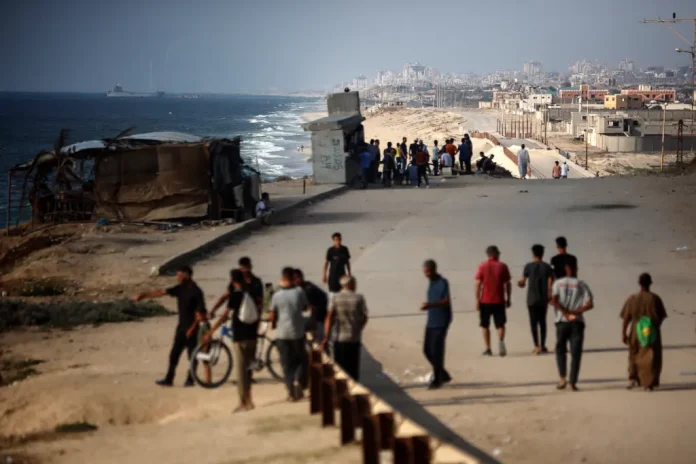Iran is not interested in expanding the regional conflict, but if a full-scale war breaks out between Israel and Lebanon, the Islamic republic will make every effort to support Hezbollah, Kamal Kharrazi, an adviser to Iran’s spiritual leader and head of the country’s strategic council for international relations, told Financial Times.
Adding that it is not in the interests of either Iran or the US to expand the war, the adviser said:
There would be a chance of expansion of the war to the whole region, in which all countries including Iran would become engaged. In that situation, we would have no choice, but to support Hezbollah by all means.
The concerns come as Iranians prepare to form a new government following the death of President Ebrahim Raisi in a helicopter crash in May. A run-off presidential election is scheduled for Friday after no candidate won more than 50 per cent of the vote in the first round on June 28.
Voters will choose between reformist Masoud Pezeshkian, who wants to renew relations with the West to seek relief from sanctions, including those imposed because of Tehran’s nuclear ambitions, and Saeed Jalili, an ideological hardliner hostile to the US.
Kharrazi said that while there will be “some differences” in approach depending on the winner, the overall foreign policy strategy is determined by Khamenei and will remain unchanged.
He said the election would create an opportunity for “new openings” between Iran and the West. But for this to happen, Western states will have to step back “from current policies and start negotiations with Iran on the basis of equality and mutual respect.”
Growing tensions in the region
Tensions between Iran, the US and Israel have risen since the October 7 Hamas attack and Israel’s retaliatory offensive in Gaza. Iranian-backed militant groups have launched attacks against the Jewish state and US soldiers in the region.
Hezbollah has engaged in almost daily border fire with Israel, Houthi rebels in Yemen have attacked ships in the Red Sea and launched drones and rockets at Israel, and Shiite militants in Iraq and Syria have attacked US troops and fired projectiles at Israel.
Iran and Israel also launched missile strikes against each other in April, the first direct Iranian strike on Israel from its own territory. However, both sides tried to reduce tensions, and the respective strikes were considered calibrated and caused limited damage.
